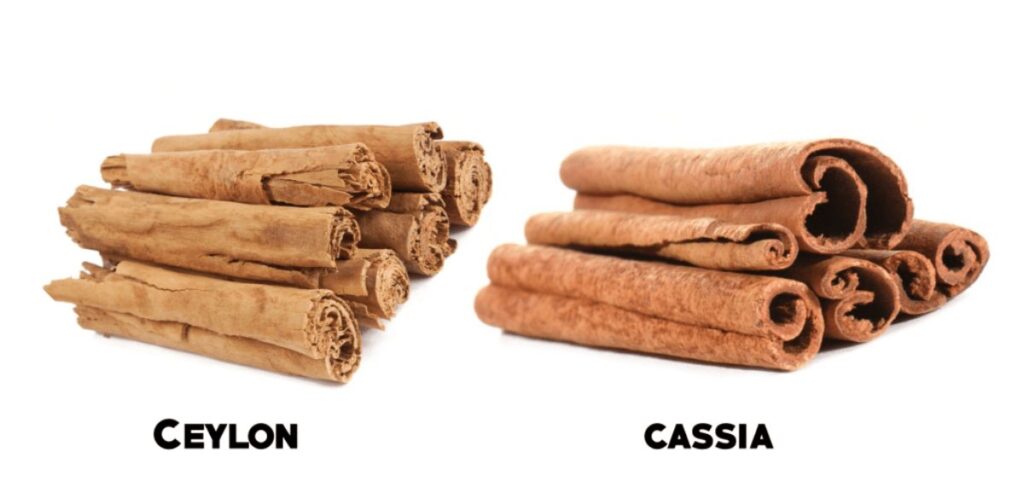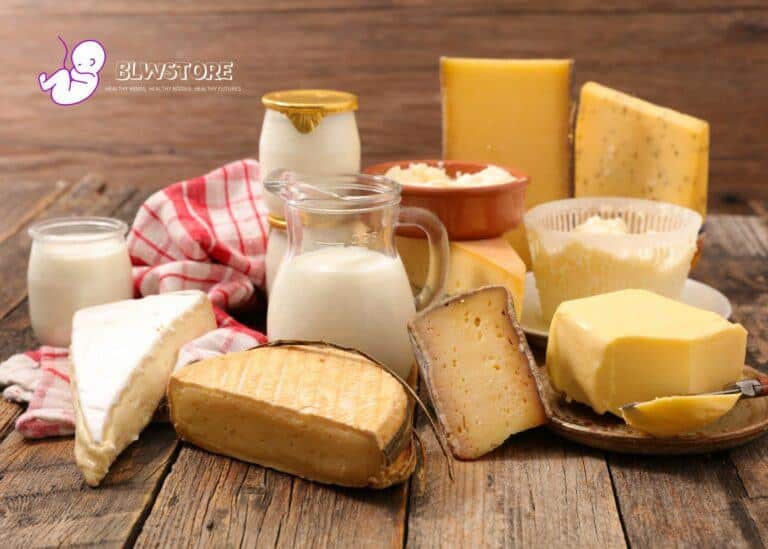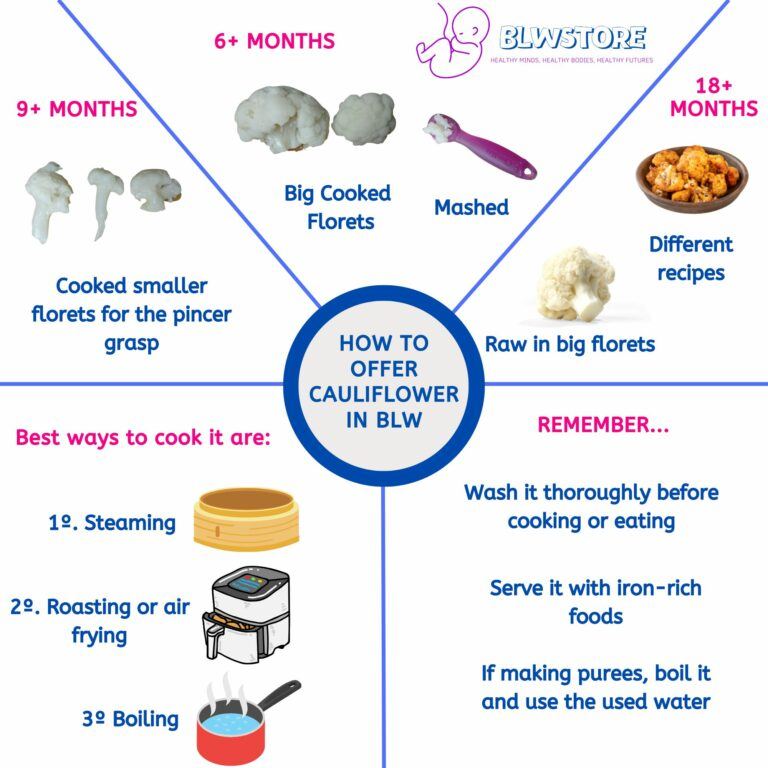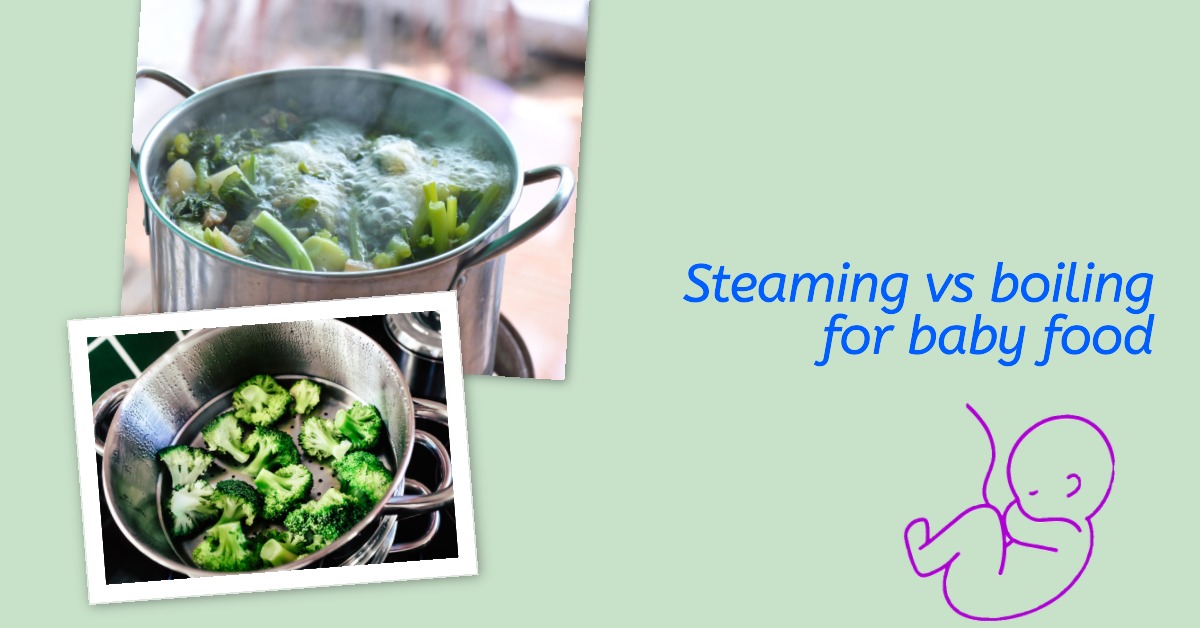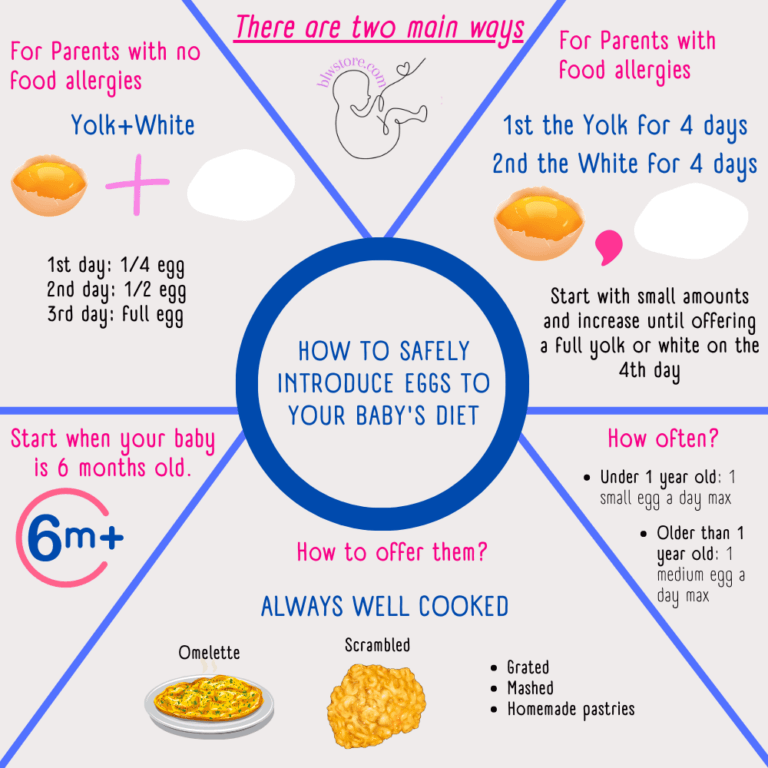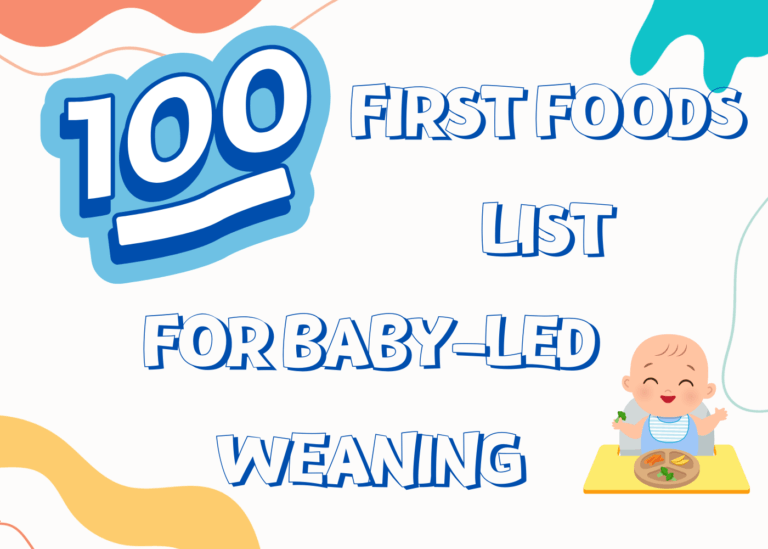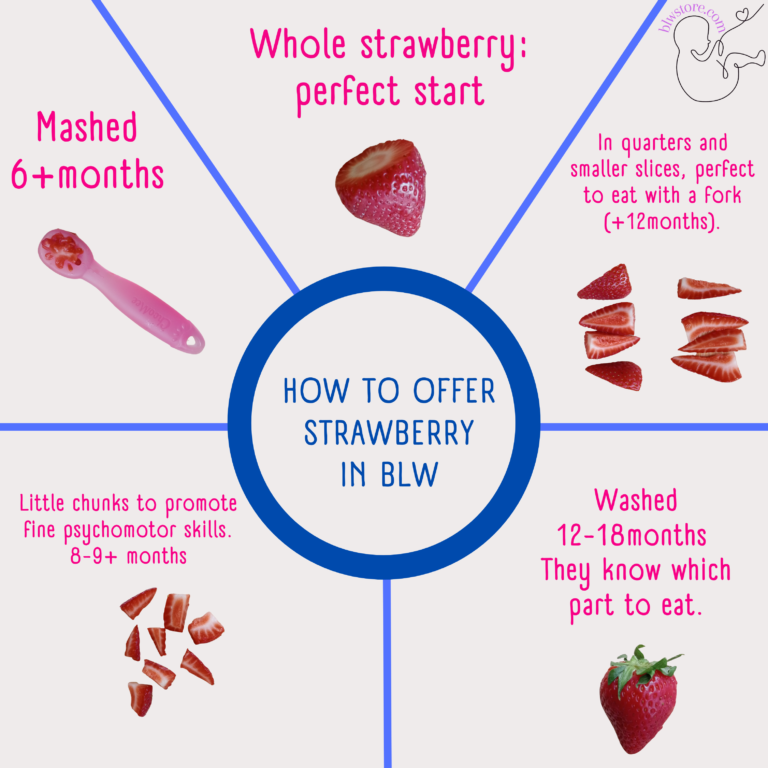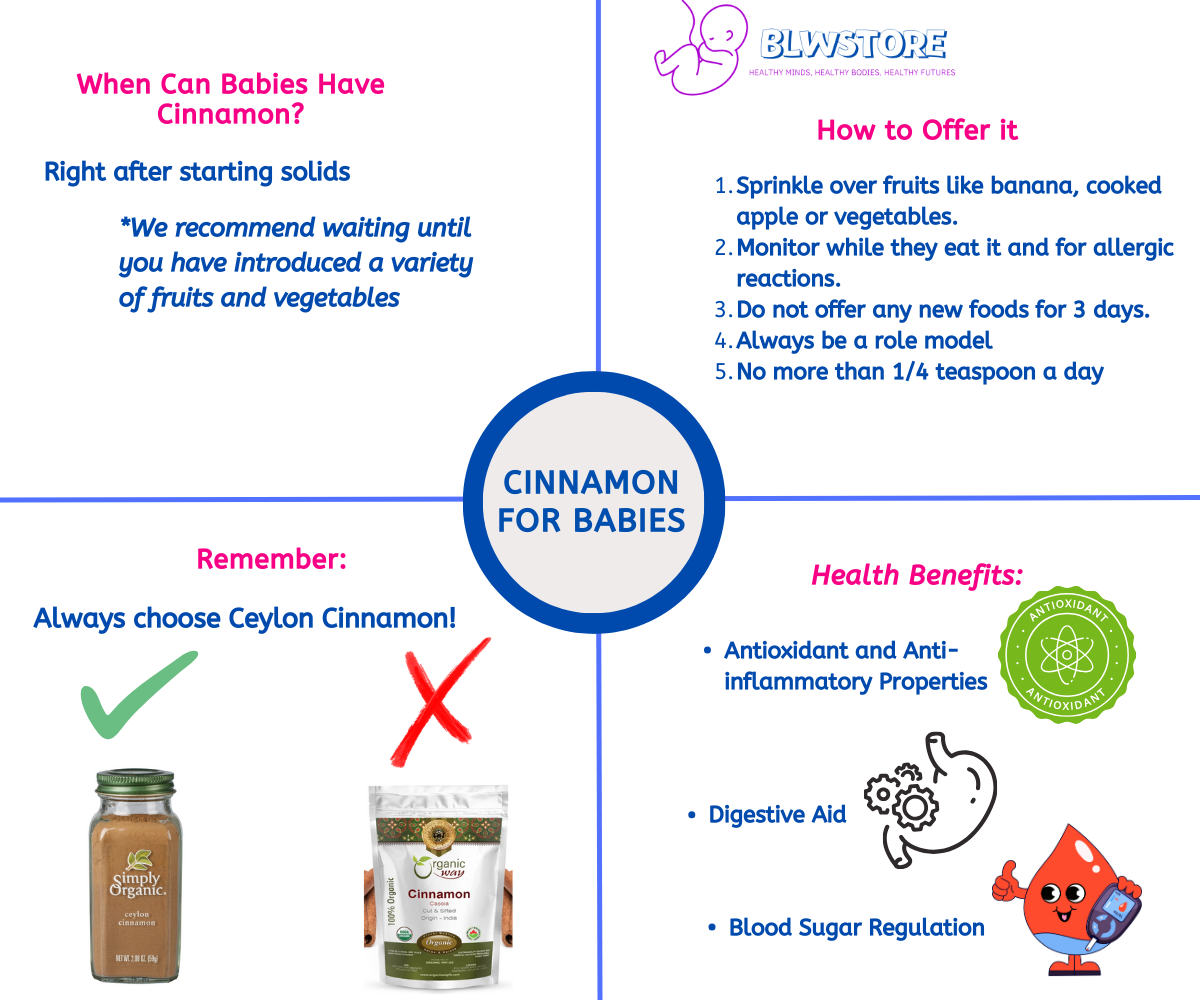
If you are like us some years ago, you may be wondering when it is safe to introduce cinnamon to your baby’s diet.
Cinnamon is a popular spice that is commonly used in various dishes, and it has been praised for its potential health benefits. However, it is important to know when it is appropriate to introduce cinnamon to your baby’s diet and how to do so safely.
In this article, you’ll find all the information you need to start introducing this amazing spice.
Let’s get after it!
Our Short Answer
During the first few weeks of Baby-Led Weaning, Ceylon cinnamon was the first spice we introduced to our son.
In our case, we had already introduced a lot of fruits and vegetables, so we started by sprinkling some on top of cooked apple pieces. When we saw that he liked it, we started adding it to other fruits and casseroles.
Fastforward to today, cinnamon is our son’s favorite spice, and he likes to put it in yogurt, porridge and many fruits (not all).
What is Cinnamon and What are Its Varieties?
Cinnamon is a spice that comes from the inner bark of trees belonging to the Cinnamomum family.
There are two main types of cinnamon: Ceylon cinnamon (also known as “true” cinnamon) and Cassia cinnamon. Ceylon cinnamon is considered to be the safer option, as it contains lower levels of coumarin, a natural compound that can cause liver damage in large amounts. Cassia cinnamon, on the other hand, contains higher levels of coumarin and should be consumed in moderation.
Cassia Vs Ceylon Cinnamon
| Aspect | Cassia Cinnamon | Ceylon Cinnamon |
|---|---|---|
| Also Known As | Chinese cinnamon | True cinnamon |
| Commonality | More common, easily found in grocery stores | Less common |
| Flavor | Stronger flavor | Milder, sweeter flavor |
| Coumarin Content | Higher levels of coumarin | Lower levels of coumarin |
| Health Consideration | Some health warnings due to coumarin levels | Considered safer due to lower coumarin |
| Suitability for Babies | Safe in moderation, but caution advised | Generally safer, preferred for babies |
Cassia cinnamon, also known as Chinese cinnamon, is the more commonly used variety and is often found in grocery stores.
Ceylon cinnamon, also known as true cinnamon, is a milder and sweeter variety that is less commonly found in grocery stores.
One of the main differences between the two varieties is their levels of coumarin, a natural chemical that can be harmful in large doses. Cassia cinnamon contains higher levels of coumarin than Ceylon cinnamon, which has led some health agencies to issue warnings about consuming too much cassia cinnamon.
That is why, Ceylon cinnamon is the best option for babies and for general health.
When to Introduce Cinnamon in Baby’s Diet
Babies can start eating cinnamon right after starting with solid foods, usually around 6 months of age, whether it is through the Baby-Led Weaning method or purees.
Important: Cinnamon should be introduced in the same way as an allergenic food: once offered, wait three days before introducing any other food while offering small quantities of cinnamon sprinkled on already introduced fruits or vegetables.
Health Benefits and Possible Risks of Cinnamon for Babies
Health Benefits of Cinnamon for Babies
Cinnamon is a spice that has been used for centuries for its medicinal properties. Here are the main health benefits of cinnamon for babies:
- Antioxidant and Anti-inflammatory Properties: Cinnamon contains antioxidants and anti-inflammatory compounds that may help boost the immune system and reduce inflammation in the body.
- Digestive Aid: Cinnamon may help relieve digestive issues such as diarrhea and upset stomach in babies.
- Blood Sugar Regulation: Cinnamon may help regulate blood sugar levels in babies, which can be beneficial for those with diabetes or at risk of developing diabetes.
Risks of Cinnamon for Babies
While cinnamon is generally safe for babies, there are some potential risks to be aware of:
- Allergic Reactions: Cinnamon can be an allergen and may cause allergic reactions in some babies. Symptoms of an allergic reaction may include skin irritation, rash, hives, cough, wheezing, swollen lips or throat, vomiting, diarrhea, and in severe cases, anaphylaxis.
- Gastrointestinal Symptoms: Cinnamon may cause gastrointestinal symptoms such as nausea, vomiting, and diarrhea in some babies.
- Blood Pressure: Cinnamon may lower blood pressure, which can be dangerous for babies with low blood pressure or those taking medication for high blood pressure.
- Coumarin: Cinnamon contains a compound called coumarin, which can be harmful in large doses. While the amount of coumarin in cinnamon is generally considered safe for babies, it is important to avoid giving them large amounts of cinnamon.
How To Offer Cinnamon to Your Baby + Our Favorite Recipe
6-12 months
During this stage, your baby is just starting to explore the world of solid foods. It’s a great time to introduce a variety of flavors, including cinnamon, which can add a delightful aroma and taste to your baby’s meals.
- Sprinkle on Soft Foods: Lightly dust a small pinch of cinnamon on soft, mashed fruits like bananas or cooked apples. This not only adds a new flavor but is also easy for your baby to handle.
- Incorporate into Porridge: Mix a tiny amount of cinnamon into baby-friendly porridges like oatmeal or rice porridge. It introduces a warm, comforting flavor.
- Add to Vegetable Purees: A dash of cinnamon can be added to vegetable purees such as sweet potato or pumpkin, enhancing their natural sweetness.
- Watch for Skin Reactions: Since cinnamon can cause skin irritation, apply a protective barrier cream if your baby has sensitive skin.
12+ Months
As your baby grows, their palate and ability to handle complex flavors develop. This is an exciting time to broaden their taste experiences.
- Introduce in Savory Meals: Use cinnamon in savory dishes like roasted carrot sticks, spiced vegetable soups, or in homemade vegetable stews.
- Limit Sweet Foods: While cinnamon is often used in sweet dishes, try to avoid adding sugar and instead focus on its use in savory meals to encourage a taste for non-sweet foods.
- Encourage Flavor Exploration: This age is perfect for experimenting with different cuisines. Introduce cinnamon in globally-inspired dishes like mild Moroccan tagines or cinnamon-spiced rice pilaf.
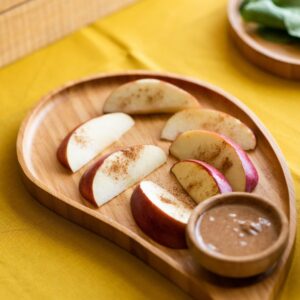
Cinnamon-Apple Peanut Butter Delight
Equipment
- 1 Steamer
- 1 mixing bowl
- 1 Spoon or Spatula
Ingredients
- 2 Medium Apples peeled and sliced
- 1/4 teaspoon Ceylon Cinnamon
- 2 tablespoons 100% Peanut Butter unsweetened and unsalted
Instructions
- Steam the apple slices until soft and tender, about 5 minutes.
- Allow the apple slices to cool slightly, then mash them in a mixing bowl.
- Add the ground cinnamon to the mashed apples and mix thoroughly.
- Gently swirl in the peanut butter until well combined.
- Serve a small portion to your baby, ensuring the texture is suitable for their eating ability.
Notes
- Always ensure the peanut butter is free from added sugars and salts.
- Monitor your baby for any allergic reactions, especially when introducing new foods.
- This recipe is suitable for babies who are ready for textured foods. Adjust the consistency as needed based on your baby’s eating skills.
Frequently Asked Questions
When can babies have cinnamon powder?
Babies can have cinnamon powder after they turn 6 months old. At this age, they can start having solid foods, including spices like cinnamon. However, it is always a good idea to check with your pediatrician before introducing any new food to your baby’s diet.
What spices can babies not have?
Some of the spices that babies should avoid include salt, pepper, and chili powder. These spices can be too harsh for your baby’s delicate digestive system and may also increase their risk of developing high blood pressure later in life.
Can babies have cinnamon in oatmeal?
Yes, babies can have cinnamon in oatmeal. Cinnamon can add flavor to your baby’s oatmeal and also has some health benefits, such as helping to regulate blood sugar levels.
How much cinnamon can a baby have?
Babies can have a small amount of cinnamon, usually less than 1/4 teaspoon per day. It is important not to give your baby too much cinnamon as it can be harmful in large amounts.
We’re Maria and Alberto, a married couple and educators who are nutrition enthusiasts. Even before we had kids, we were already crazy about nutrition.
We’d read scientific articles, watch videos from nutritionists, and spend hours listening to nutrition podcasts.
Today, we continue doing this, but in a different way, as we’ve learned to sift through the noise and trends. Nutrition, like any other field of knowledge, the more you read and learn, the more you develop a comprehensive understanding of reality, and that’s what has happened to us.
Before having our first child, we focused on learning everything we could about child nutrition, using the same techniques we had already employed, backed by our extensive knowledge in nutrition.
Our mission is to help other parents with their children’s nutrition, to help them become the best versions of themselves.
If we are what we eat and drink, which is absolutely true, let’s do it right!


